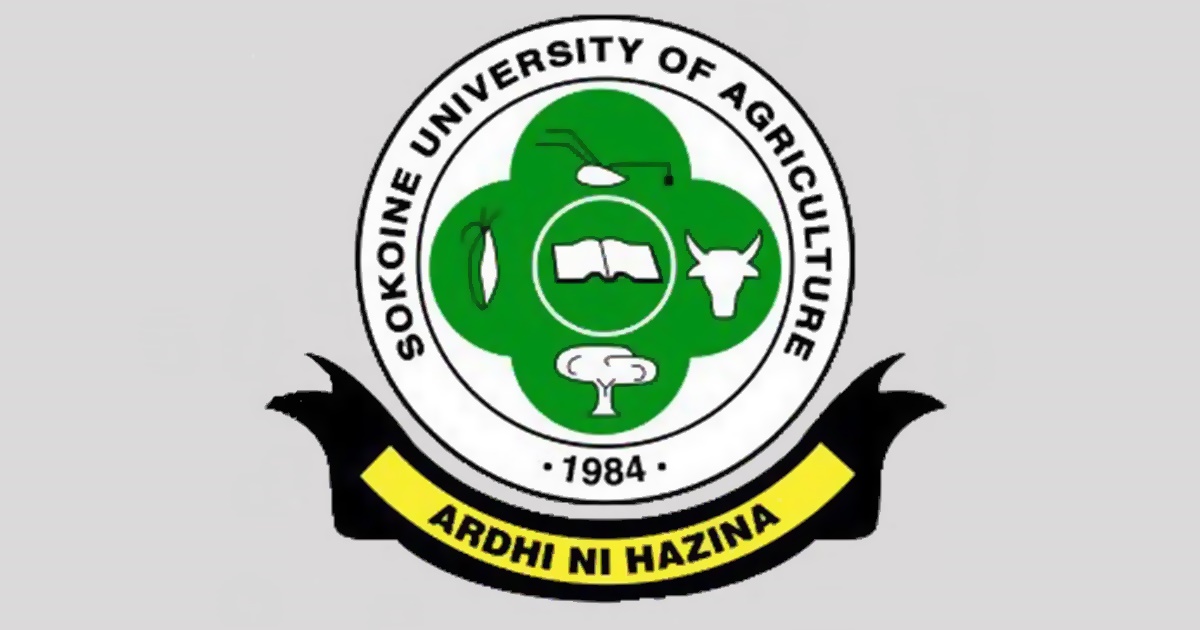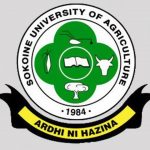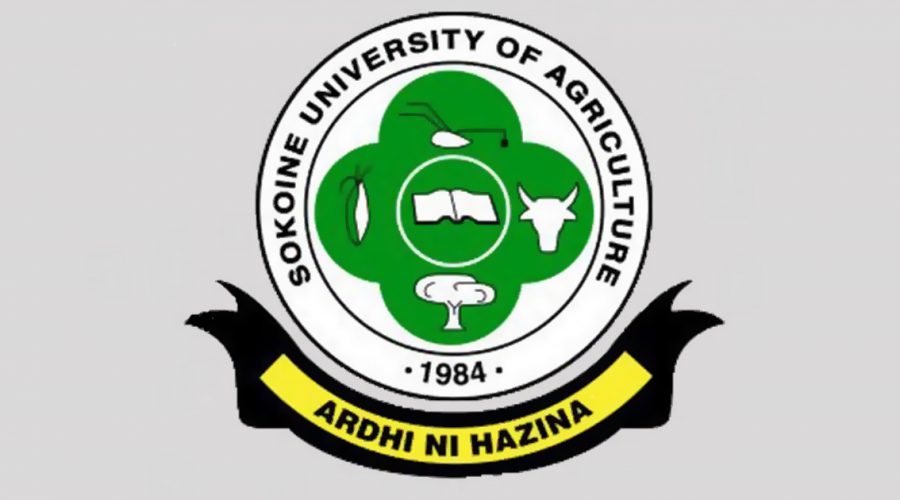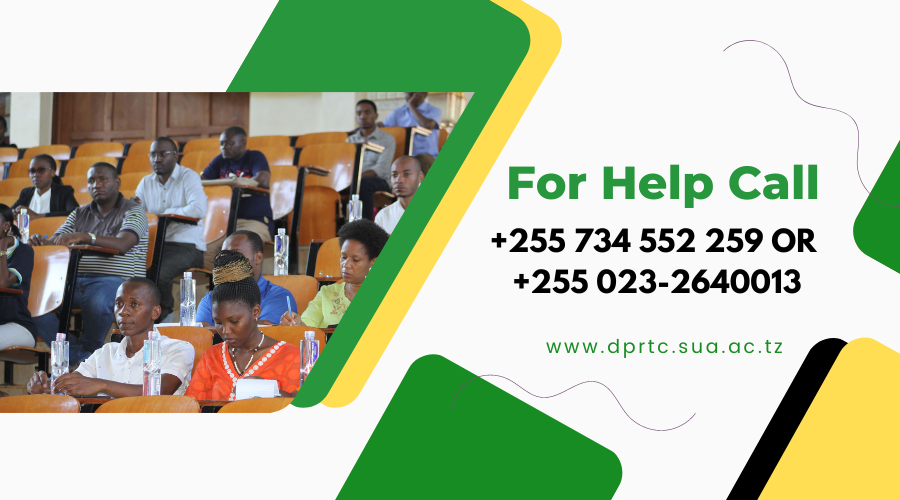Public Defence: PhD
Candidate: Ms. Amina Amri Hamad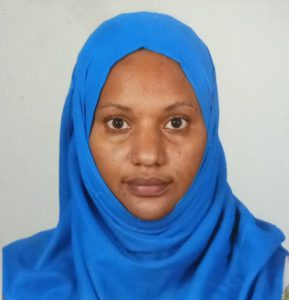
Amina was employed as an assistant lecturer in Environmental Studies at Sokoine University of Agriculture (SUA), from September 2011 to June 2014 in the department of Geography and environmental studies. From July 2014 to date, she works as a lecturer in the Department of Geography and environmental studies at Sokoine University of Agriculture (SUA). She registered with Sokoine University of Agriculture (SUA) in February 2016 to pursue PhD studies in the Department of Ecosystems and Conservation in the College of Forestry, Wildlife, and Tourism.
Thesis title: Distribution of Lantana camara and its Impacts on Selected Ecosystem Services and Livelihood in East Usambara Mountains, Tanzania
Supervisors: Prof. Japhet J. Kashaigili
Dr. Ezekiel E. Mwakalukwa
Summary of main findings:
There is increasing concern worldwide by biologists, ecologists and conservationists about the negative impacts caused by invasive alien species (IAS) in both natural and agro-ecosystems. To successfully manage the alien invasion, it is vital to map the distribution of these species. Especially given the wide range of invasive alien plant species present in the East Usambara, discrimination on interspecies level is an important key. Study aimed at assessing the distribution of L. camara and its fractional cover using very high-resolution satellite image (WorldView-2) and its impacts on selected ecosystem services and livelihood. The study was done in the East Usambara Mountains, Muheza district in North Eastern Tanzania.
The study suggests that Near infrared band (NIR2) and Short wavelength infrared band (SWIR) as suitable bands for species discrimination. It is therefore important that while choosing images for detection of the similar species it should contain these bands. Furthermore, results suggested that L. camara is approaching a pseudo-stable equilibrium in Eastern Africa. A total of 1277 hectares was found to be invaded by L. camara in East Usambara and it is estimated that it will cost 66.62 Million Tanzanian shillings to clear the area. It was also found out that L. camara reduced the growth of maize by 29%, while cassava was not affected. Results also shows a decline in varieties of wild plant species and honey production based on community perception. It is recommended that L. camara should be managed while it is still not very dense and widely spread. The cost of managing will increase substantially with further invasion and mechanical means may not suffice.
Date and time: 04th June, 2021 at 09:00am Hrs
Venue: REFOREST Seminar Room
Mode: Face to Face/online
Join Zoom Meeting: https://us02web.zoom.us/j/88907315532?pwd=TFlaKzE5MWZ2SGQzWVI5UTE1K1JNQT09
Meeting ID: 889 0731 5532
Passcode: DECPhD2021
Panellist members:
| Name of Panel Member | Status of Appointment | Remarks |
| Prof. Josiah. Z. Katani | Chairperson | |
| Dr. Charles J. Kilawe | Head of DEC | Recorder |
| Prof. Salim M. Maliondo | Appointee of the CFWT principal | |
| Prof. Emmanuel F. Nzunda | Internal Examiner | Not supervisor |
| Prof. Japhet J. Kashaigili | Internal Examiner | Supervisor |
Attendance: For members of the general public (including non-panel individuals) who are interested to attend/follow the Viva Voce examination virtually, kindly send your request to the Secretary of the Viva Voce Examination Panel, Dr. Charles J. Kilawe at ckilawe@sua.ac.tz before 1st June, 2021 with the subject “Viva Voce Online”

